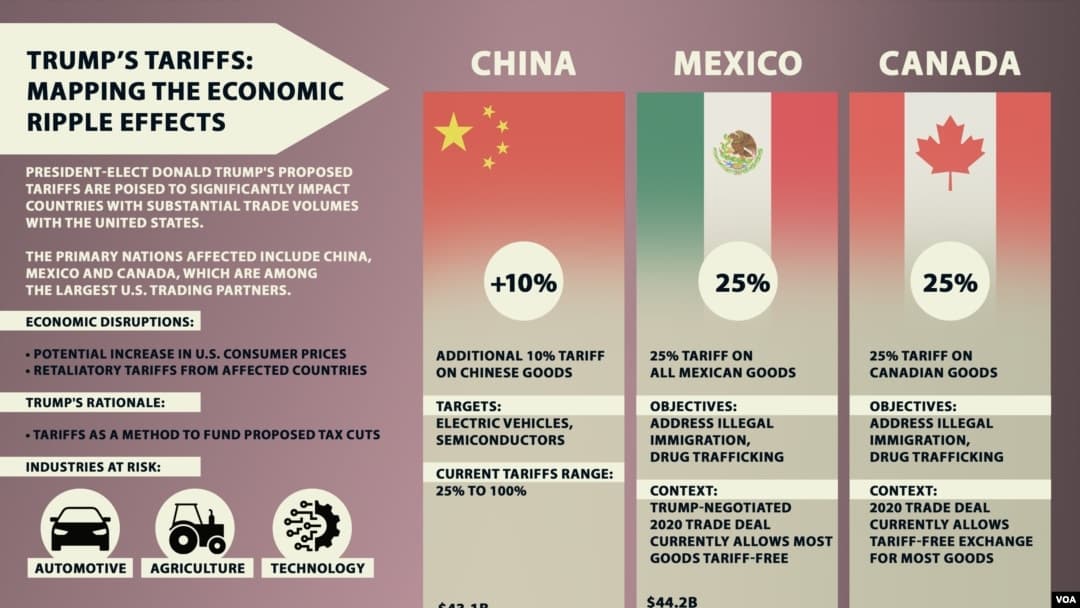
Trump 2025: Analyzing Potential Impacts on America's Economy and Social Landscape
The return of Donald Trump to the presidency in 2025 could herald significant changes across multiple sectors of American society and commerce. Let's analyze the potential impacts on key areas while maintaining a balanced perspective.
Economic Policy and E-commerce
Trump's previous administration was characterized by deregulation and business-friendly policies. In 2025, we might expect similar approaches, potentially benefiting the e-commerce sector through reduced regulatory burden. However, this could come with new challenges for digital platforms regarding content moderation and data privacy.
International Trade Relations
The relationship with China would likely remain a central focus. Previous patterns suggest we might see:
- Renewed trade negotiations
- Potential increases in tariffs on Chinese goods
- Greater scrutiny of Chinese technology companies
This could significantly impact supply chains and pricing structures for e-commerce businesses, potentially leading to increased domestic manufacturing.
Fiscal Policy
Regarding fiscal matters, several key areas might see changes:
- Corporate Tax Rates: Possible push for further reductions
- Interest Rates: Potential pressure on the Federal Reserve for lower rates
- Infrastructure Spending: Likely focus on traditional infrastructure projects
Social Policy Considerations
On social issues, the administration would likely pursue conservative policies while navigating an increasingly diverse society. Business policies might need to balance traditional conservative approaches with modern market demands and consumer expectations.
E-commerce Landscape
The e-commerce sector might experience:
- Reduced regulations on digital commerce
- Changes in international shipping and customs policies
- New data privacy frameworks
- Potential shifts in digital payment regulations
Looking Ahead
Businesses would need to prepare for potential policy shifts while maintaining flexibility in their operations. Success in this environment would likely depend on agility and the ability to adapt to rapidly changing regulatory landscapes.
Regardless of political perspectives, understanding these potential changes is crucial for businesses and consumers alike as they prepare for possible policy shifts in 2025 and beyond.
Related Articles

10 Digital Products You Can Sell on Wix to Build a Thriving Online Business
Discover the diverse range of digital products and services you can sell through Wix's e-commerce platform. From online courses to mobile apps, learn how creato...

2018 vs 2025 - Comparing Trump's Tariffs and What It Means For E-Commerce Business
Trump’s tariffs – both the 2018 measures and especially the broader 2025 proposals – have significant implications for eCommerce business owners. This is partic...

2024 E-commerce Platform Pricing Comparison: Find the Most Affordable Solution
Looking for the most budget-friendly e-commerce platform? We've compiled a comprehensive comparison of pricing across all major e-commerce platforms, including ...